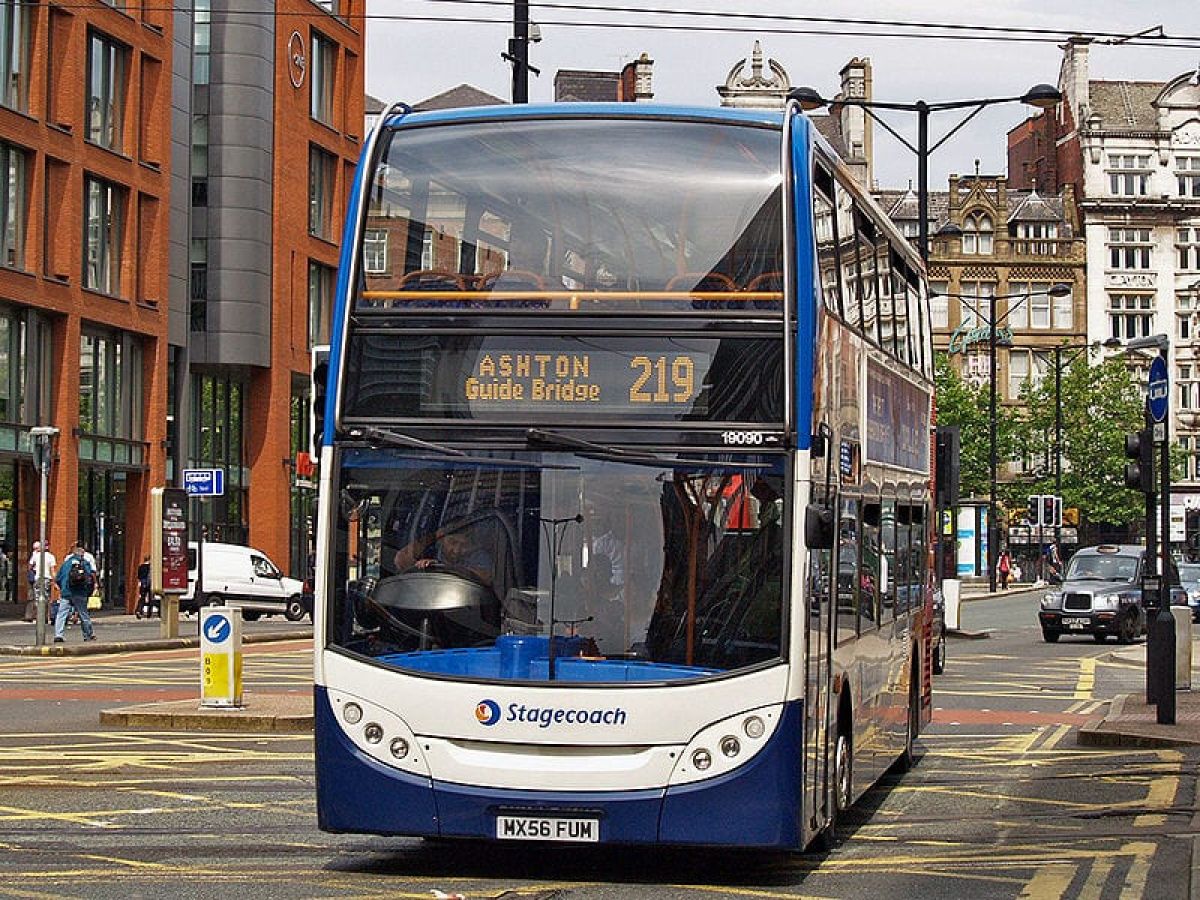Polluted pennies

I don’t doubt that your February sunbathing sessions have been plagued by concerns of the environment this month. With temperatures reaching as high as 19C in what is known to be one of the rainiest cities, environmental change has certainly been a hot topic this week – awful pun intended.
Andy Burnham has not been left out of the conversation. Asking the government for £116m in order to instigate a Greater Manchester ‘clean-air scheme’ has not, however, been greeted with rainbows and sunny skies.
Citing statistics such as the 1,200 premature deaths of 1,200 people caused by poor air quality in Greater Manchester alone, Burnham wants to reinvent the city as a clean-air zone – ‘drastically’ reducing nitrogen dioxide levels by 2024. A pretty precise date for a pretty non-precise goal, it seems.
The way to go about achieving such a positive goal is of course an attempt at dissuasion through forcing the general public to put their hands in their pockets. Figures floating around at the minute are £100 per day for buses and HGVs, threatening another Magic pass rise, with older taxis and private hire vehicles subject to a £7.50 charge per day.
The controversy comes from the fact that private cars have been exempted, unlike other cities in the UK. This is an attempt to protect those who would not be able to afford a new car that fits with standards, thus avoiding placing a tax on poorer people.
The problem then, is that instead of targeting private cars and vans, (note that diesels currently contribute to more than 70% of nitrogen oxide levels), the levy will, in the majority, affect those who take the bus. I might have missed something but have we not spent the past 20 years trying to encourage people to use public transport over their own cars?
Obviously, the idea behind the scheme is incredibly positive, and I appreciate the sentiment behind trying to reduce the tax burden on the less wealthy. I have a question however as to who exactly considers those who typically take the bus to have less in the bank than someone who owns a car? Surely no one could agree that increasing the chance of a further rise in public transport prices, could ever be a positive move for the environment?
That said, I can’t help but feel that my real issue stems from the idea of using money as a ‘dis-incentive’ at all. I appreciate that this seems to be the way the world spins these days, yet surely there is a more effective way of combating climate change that taking more pennies out of people’s pockets. Perhaps advertising how many deaths are provoked by polluted air each year might do the trick?
And yet that seems to be the problem itself. Everyone has access to facts, statistics, and we all learn about it in school. Lord knows I have spent many a French oral exam discussing the benefits of recycling. We are all aware. So why is real harm to the planet, real harm to ourselves, not a ‘dis-incentive’ enough?
It’s an old argument but I think it says something about our society if the scariest thing about climate change is the threat that our wallets may end up a little lighter.







